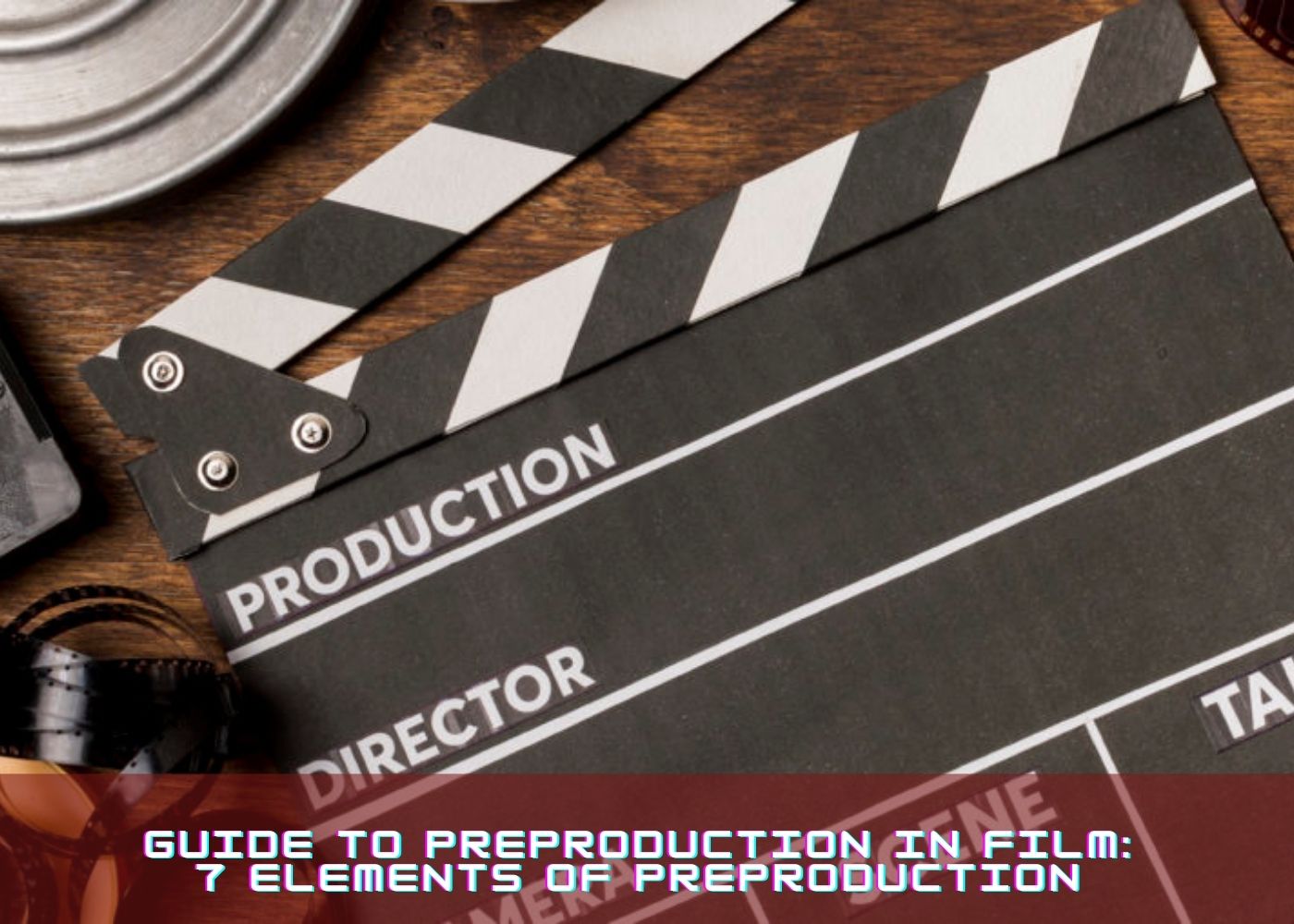Shooting a feature film involves five different stages of film production. Preproduction is the process of acquiring all of the necessary materials before the actual filming begins, making it an important stage of the production.
What Is Pre-production?
After development and before production, preproduction is the first step in the filmmaking process. It includes completing the script, hiring actors and crew, securing locations, identifying what equipment you'll require, and calculating the budget. Preproduction is the stage of a film's development during which all of the project's details are ironed out before it is shot.
What Is the Importance of Preproduction in the Filmmaking Process?
Before you start rolling the cameras, the pre-production phase of filmmaking allows you to organize everything you need. Preproduction includes determining what you'll need to make your film, how much it'll cost, and whom you may engage to assist you. When it comes to filmmaking, effective preproduction can help you save time and money (which are two of the most scarce resources).
You're less likely to waste resources (or run out of money) if you have a budget in place, which can cause a project to fall apart. The timetable is also important for a smooth production process since it gives the team a clear picture of where time should be allocated for an effective shot.
In the film industry, seven different elements make up the preproduction process.
Depending on the type of project you're filming, you'll go through different stages of preproduction (for instance, a 10-minute short film will have a significantly shorter and less involved preproduction period than a 90-minute movie). Preproduction, on the other hand, follows a similar path in most film productions:
1. Script Breakdown
After a project has been approved, you must complete the shooting script. After the script is locked, the first AD will go over the script and develop a breakdown of all your times of day, locations for different takes, characters scenes involvement, stunts take, extras, special effects, props requirements, vehicles needed, animals where required, sound effects, music cues, and costumes—everything that is logistically important. You'll have fewer surprises during shooting and postproduction if you're well prepared.
2. Budget
After you've determined what logistical factors you'll need to prepare for, you'll need to determine how much it will cost. Regardless of whether you have a small or large budget, now is the moment to figure out how to make the film you want with the resources you have. Investigate the costs of everything you'll require to determine which funds to allocate where.
3. Schedule
Your production schedule (also known as a shooting schedule) will help you figure out when and where you'll shoot each scene, as well as how many you'll shoot per day. Time is a precious commodity, especially when dealing with variables such as daylight and weather.
4. Assemble your team
Including important department leaders that should include a director, a first assistant director, a production manager, a cinematographer (sometimes known as a director of photography), a casting director, a production designer, and a costume designer are all people you should recruit.
5. Planning
Each department collaborates with the line producer to determine what they will require to carry out the director's vision. Location scouting and obtaining permits, as well as drafting a shot list and storyboard, and determining props and equipment are all part of the planning stage. After you've defined those requirements, the line producer (or production manager) will review and adjust the budget to ensure that everything falls within the restrictions. To stay within your budget, you may need to cut some scenery or props—or even rework scenes.
6. Talent Auditions
Casting Director, using your script breakdown and director's notes, the casting director auditions talent for all roles.
7. Rehearsal
Nearing the conclusion of the preproduction period and just before the start of your film shoot, you'll probably want to rehearse with the cast to figure out the emotional and physical logistics of each scene. Meanwhile, your department heads will be working with the production coordinator to ensure that all of the pieces are in place for the big day. When everything is in order, send out call sheets to the whole cast and crew, which detail the schedule for each shoot day as the production phase begins.
Learn more @ Film District Dubai for information on website design, digital marketing, graphic design, film equipment rentals, Audio-Visual equipment rentals, Photo Booth rentals, and Camera rentals in Dubai.







